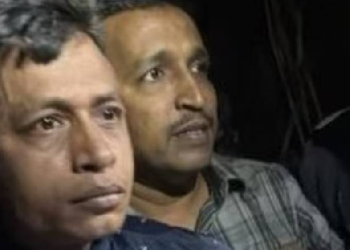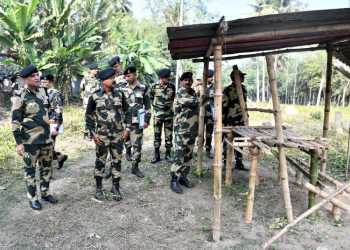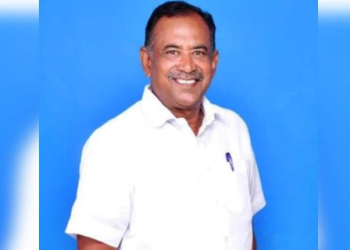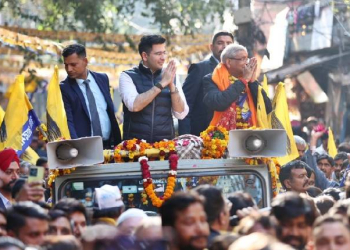New Delhi: The Supreme Court said on Tuesday that dying declaration of a person can be the sole basis for recording conviction and if it is found to be reliable and trustworthy, no corroboration is required.
A bench comprising justices B.R. Gavai and P.S. Narasimha said the court is required to examine as to whether the dying declaration is true and reliable; whether it has been recorded by a person at a time when the deceased was fit physically and mentally to make the declaration; and whether it has been made under any tutoring/duress/prompting.
The bench said: “The dying declaration can be the sole basis for recording conviction and if it is found reliable and trustworthy, no corroboration is required. In case there are multiple dying declarations and there are inconsistencies between them, the dying declaration recorded by the higher officer like a magistrate can be relied upon.”
It added that this is with the condition that there is no circumstance giving rise to any suspicion about its truthfulness.
“In case there are circumstances wherein the declaration has not been found to be made voluntarily and is not supported by any other evidence, the court is required to scrutinise the facts of an individual case very carefully and take a decision as to which of the declarations is worth reliance,” said the bench.
The apex court made the observations while acquitting a man convicted under Section 304-B (dowry death) of the IPC. In this matter, the wife of the man had made two dying declarations: In the first one, she admitted consuming poison by mistake, and in the second one she said her husband, as well as his parents, administered the poisonous substance to her.
The top court noted that two dying declarations were contradictory to each other.
The man moved the apex court challenging the order of the Punjab and Haryana High Court, which had modified his sentence from 10 years to seven years. However, the high court concurred with the conviction order passed by the lower court.
“The possibility of the second dying declaration being given after tutoring by her relatives cannot therefore be ruled out,” noted the bench.
It added that the second declaration was recorded without a doctor examining the fitness of the deceased.
Acquitting the man, the top court said: “We therefore find that in the facts and circumstances of the present case, the first dying declaration will have to be considered to be more reliable and trustworthy as against the second one.
“In any case, the benefit of doubt, which has been given to the other accused by the trial court, ought to have been equally given to the present appellant when the evidence was totally identical against all the three accused.”
(IANS)



















